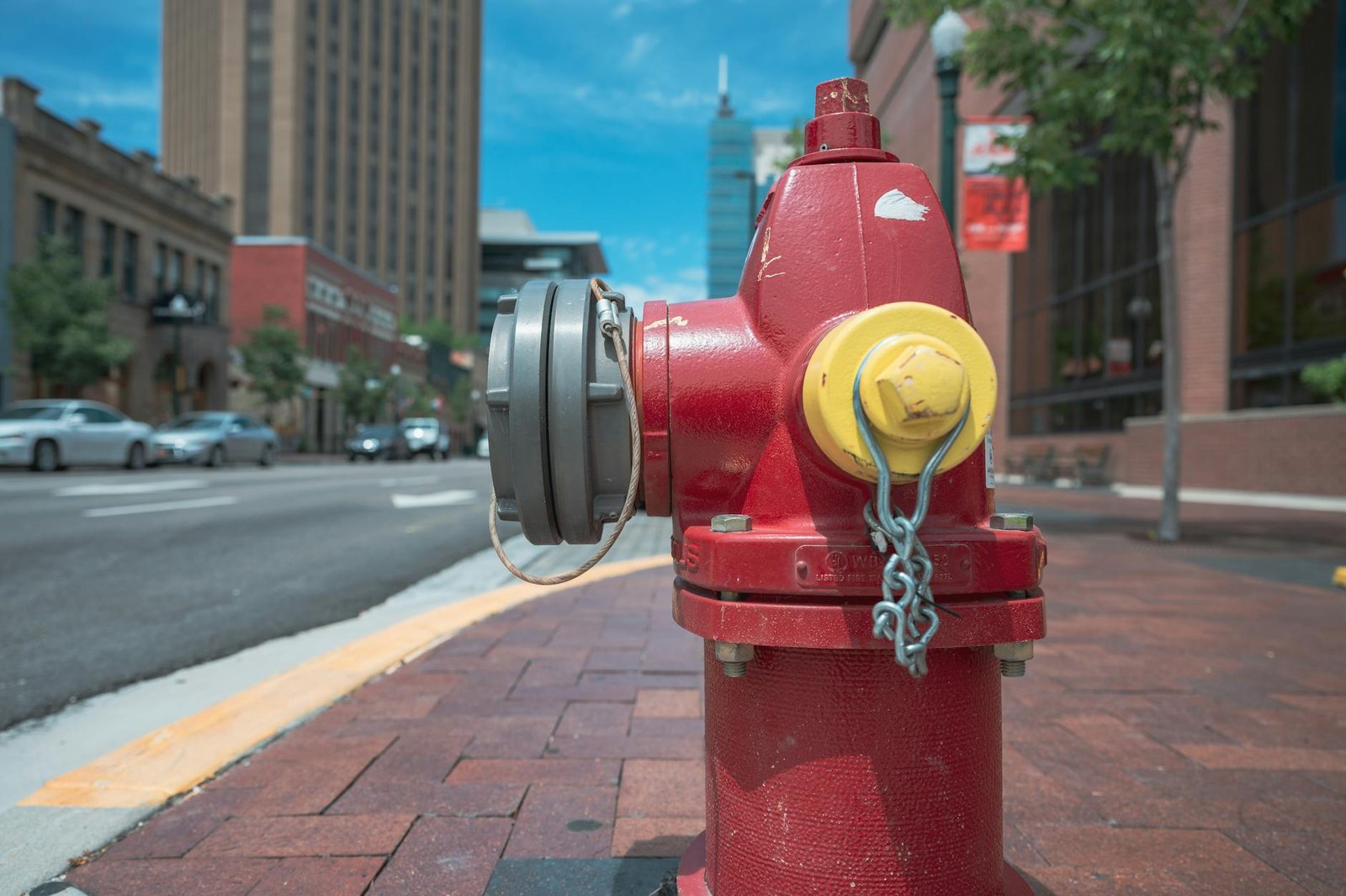Health, safety, and environment (HSE) officers are essential in the UK to maintain a safe and healthy working environment for employees. Their role is multifaceted and encompasses a wide range of responsibilities that are crucial in preventing accidents, injuries, and environmental damage.
One of the primary responsibilities of an HSE officer is to develop and implement health and safety policies and procedures. They are responsible for assessing potential risks and hazards in the workplace and devising strategies to mitigate them. This includes conducting regular inspections, identifying areas of improvement, and ensuring that all safety measures are up to date and in compliance with legal requirements.
Furthermore, HSE officers are responsible for providing training and education to employees on health and safety practices. They organize workshops, seminars, and training sessions to raise awareness about potential hazards and train employees on how to handle emergency situations. By educating employees, HSE officers empower them to make informed decisions and take necessary precautions to prevent accidents and injuries.
In addition to their role in ensuring the safety of employees, HSE officers also play a crucial role in protecting the environment. They are responsible for monitoring and controlling the impact of an organization’s activities on the environment. This includes implementing waste management systems, ensuring proper disposal of hazardous materials, and promoting sustainable practices.
The impact of HSE officers extends beyond the workplace. Their efforts contribute to the overall well-being of society by reducing the number of workplace accidents and injuries. By implementing effective health and safety measures, HSE officers help create a culture of safety, where employees feel valued and protected. This, in turn, leads to increased productivity and employee satisfaction.
Moreover, HSE officers also help organizations avoid legal liabilities and financial losses resulting from accidents and environmental damage. By ensuring compliance with health, safety, and environmental regulations, they minimize the risk of legal actions and costly fines. This not only protects the reputation of the organization but also helps maintain a positive relationship with stakeholders and the community.
In conclusion, HSE officers play a vital role in the UK by ensuring the well-being of employees and protecting the environment. Their responsibilities encompass developing and implementing health and safety policies, providing training and education, and monitoring the impact of organizational activities on the environment. The efforts of HSE officers contribute to a safer and healthier workplace, increased productivity, and a positive impact on society as a whole.
An HSE officer plays a crucial role in creating a safe and healthy work environment for employees. They are responsible for conducting regular inspections and audits to identify potential hazards and risks. By assessing the workplace, they can develop and implement effective safety procedures and protocols to mitigate these risks.
One of the key responsibilities of an HSE officer is to provide training and education to employees on safety practices and procedures. They conduct workshops, seminars, and training sessions to ensure that all employees are aware of the potential risks associated with their work and know how to handle them safely. This includes training on the proper use of personal protective equipment (PPE), emergency response procedures, and the importance of reporting any incidents or near misses.
In addition to training, HSE officers also investigate accidents and incidents that occur in the workplace. They analyze the root causes of these incidents and develop strategies to prevent them from happening again in the future. This may involve making changes to equipment, processes, or policies to improve safety standards.
Furthermore, HSE officers are responsible for keeping up-to-date with the latest regulations and legislation related to health, safety, and environment. They ensure that the organization complies with these regulations and implement any necessary changes to maintain compliance. This includes conducting regular risk assessments, maintaining safety records, and submitting reports to regulatory authorities.
Another important aspect of the HSE officer’s role is to promote a culture of safety within the organization. They work closely with management and employees to create awareness about safety and encourage everyone to take responsibility for their own safety and the safety of others. This may involve organizing safety campaigns, recognizing and rewarding safe behavior, and implementing safety incentive programs.
In summary, an HSE officer is a vital asset to any organization, regardless of the industry. Their role is to ensure the well-being of employees by identifying and mitigating workplace hazards, providing training and education, investigating incidents, maintaining compliance with regulations, and promoting a culture of safety. By doing so, they contribute to the overall success and sustainability of the organization.
The Responsibilities of an HSE Officer
HSE officers have a wide range of responsibilities that are crucial for maintaining a safe and healthy work environment. Let’s take a closer look at some of the key tasks they perform:
1. Risk Assessment and Hazard Identification
One of the primary responsibilities of an HSE officer is to conduct risk assessments and identify potential hazards in the workplace. They analyze work processes, equipment, and materials to determine the level of risk associated with each task. By identifying hazards, they can implement appropriate control measures to mitigate the risks and ensure the safety of employees.
2. Developing and Implementing Safety Policies and Procedures
HSE officers are responsible for developing and implementing safety policies and procedures that align with industry standards and regulations. They work closely with management and employees to create a safety culture within the organization. This involves conducting safety training, promoting awareness of safety practices, and ensuring that all employees are aware of their responsibilities in maintaining a safe work environment.
3. Monitoring and Inspecting the Workplace
Regular monitoring and inspection of the workplace is essential to identify any potential safety hazards. HSE officers conduct inspections to ensure that all safety measures are in place and being followed correctly. They also investigate accidents and near-miss incidents to determine the root cause and implement corrective actions to prevent similar incidents in the future.
4. Compliance with Health and Safety Legislation
Keeping up with health and safety legislation is a crucial aspect of an HSE officer’s role. They stay updated with the latest regulations and ensure that the organization is in compliance with all legal requirements. This includes maintaining records, conducting audits, and reporting any non-compliance issues to the relevant authorities.
5. Emergency Preparedness and Response
An HSE officer plays a vital role in emergency preparedness and response. They develop emergency plans and procedures, conduct drills and exercises, and ensure that employees are trained to respond effectively in case of emergencies such as fires, chemical spills, or natural disasters.
6. Promoting a Culture of Health and Safety
Creating a culture of health and safety is an ongoing process that requires the involvement of all employees. HSE officers play a crucial role in promoting this culture by organizing safety campaigns, providing training and awareness programs, and encouraging employees to actively participate in maintaining a safe work environment.
In addition to these responsibilities, HSE officers also collaborate with other departments and stakeholders to address specific health and safety concerns. They may participate in incident investigations, provide guidance on the selection and use of personal protective equipment, and conduct ergonomic assessments to prevent workplace injuries. Furthermore, HSE officers are responsible for keeping abreast of new developments in health and safety practices and technologies, as well as participating in professional development activities to enhance their knowledge and skills.
Overall, HSE officers play a crucial role in ensuring the well-being of employees and the compliance of organizations with health and safety standards. Their expertise and dedication contribute to creating a safe and healthy work environment where employees can thrive and organizations can achieve their goals.
6. Improving Employee Engagement and Retention
When employees feel safe and supported in their work environment, they are more likely to be engaged and committed to their jobs. HSE officers play a crucial role in creating a positive work culture that prioritizes employee well-being. This, in turn, leads to higher employee satisfaction and retention rates.
HSE officers can implement programs and initiatives that promote employee wellness and work-life balance. They can organize workshops and training sessions on stress management, ergonomics, and mental health awareness. By addressing these aspects, HSE officers contribute to the overall well-being of employees and create a supportive work environment.
7. Increasing Productivity and Efficiency
By ensuring a safe and healthy work environment, HSE officers indirectly contribute to increased productivity and efficiency. When employees are not worried about their safety, they can focus more on their work and perform at their best. Additionally, by identifying and eliminating hazards and inefficiencies, HSE officers optimize work processes and reduce downtime.
HSE officers can also conduct regular inspections and audits to identify areas for improvement. They can analyze data and metrics related to health and safety incidents to identify patterns and implement preventive measures. By continuously monitoring and improving safety practices, HSE officers contribute to the overall productivity and efficiency of the organization.
8. Facilitating Continuous Improvement
HSE officers are responsible for staying updated with the latest industry standards and best practices. They can use this knowledge to drive continuous improvement in health and safety practices within the organization. They can provide recommendations for implementing new technologies, equipment, or processes that enhance safety and efficiency.
Furthermore, HSE officers can conduct regular training sessions to educate employees about new safety protocols and procedures. They can also gather feedback from employees and incorporate their suggestions for improvement. By facilitating continuous improvement, HSE officers ensure that the organization stays ahead in terms of safety practices and compliance.
In conclusion, HSE officers play a vital role in ensuring the safety, well-being, and success of organizations. Their presence not only protects employees from accidents and illnesses but also contributes to a positive work culture, increased productivity, and continuous improvement. Investing in HSE officers and their initiatives is a wise decision that can yield long-term benefits for organizations.













